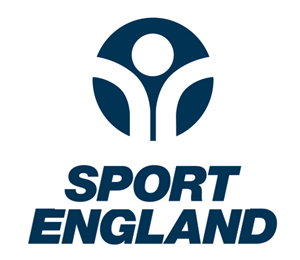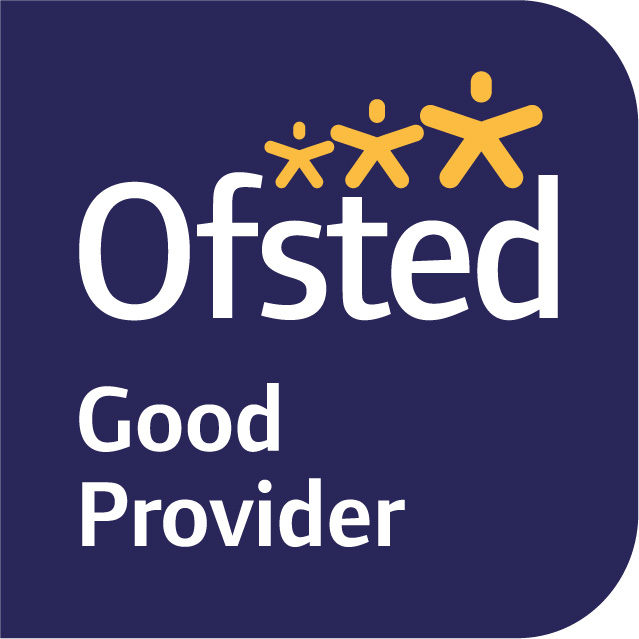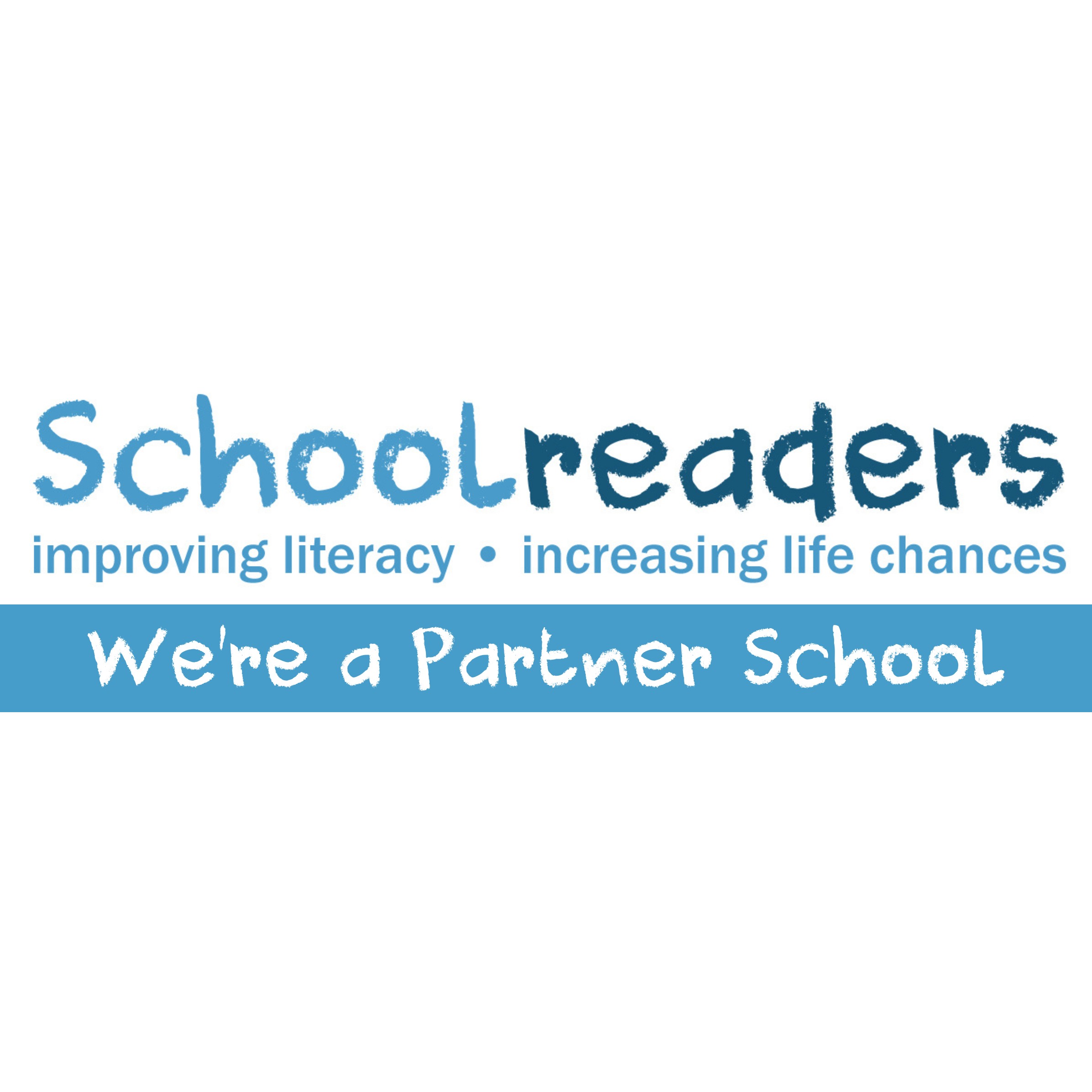Our Intent: Why our History curriculum looks like this
The Green Lane History curriculum includes termly topics for all children from Year 1 to Year 6. We offer a high-quality history education that will:
- help pupils gain a coherent knowledge and understanding of Britain’s past and that of the wider world;
- help pupils develop their historical skills and concepts;
- inspire pupils’ curiosity and motivation to learn and to know more about the past;
- develop a sense of their own identity within a social, political, cultural and economic background.
- help pupils to understand the complexity of people’s lives, the process of change, the diversity of societies and relationships between different groups.
Because of this, we feel it is important for the subject to be taught discretely as well as incorporated within other curriculum subjects such as English and Art.
What are the aims of the Green Lane Curriculum for History?
The Green Lane Curriculum for History follows the aims of the National Curriculum to ensure that all pupils:
- know and understand the history of these islands as a coherent, chronological narrative, from the earliest times to the present day: how people’s lives have shaped this nation and how Britain has influenced and been influenced by the wider world;
- know and understand significant aspects of the history of the wider world: the nature of ancient civilisations; the expansion and dissolution of empires; characteristic features of past non-European societies; achievements and follies of mankind;
- gain and deploy a historically grounded understanding of abstract terms such as ‘empire’, ‘civilisation’, ‘parliament’ and ‘peasantry’;
- understand historical concepts such as continuity and change, cause and consequence, similarity, difference and significance, and use them to make connections, draw contrasts, analyse trends, frame historically-valid questions and create their own structured accounts, including written narratives and analyses;
- understand the methods of historical enquiry, including how evidence is used rigorously to make historical claims, and discern how and why contrasting arguments and interpretations of the past have been constructed;
- gain historical perspective by placing their growing knowledge into different contexts, understanding the connections between local, regional, national and international history; between cultural, economic, military, political, religious and social history; and between short- and long-term timescales.
History Subject Content: Key Stage 1
Pupils should develop an awareness of the past, using common words and phrases relating to the passing of time. They should know where the people and events they study fit within a chronological framework and identify similarities and differences between ways of life in different periods. They should use a wide vocabulary of everyday historical terms. They should ask and answer questions, choosing and using parts of stories and other sources to show that they know and understand key features of events. They should understand some of the ways in which we find out about the past and identify different ways in which it is represented.
In planning to ensure the progression described above through teaching about the people, events and changes outlined below, teachers are often introducing pupils to historical periods that they will study more fully at key stages 2 and 3.
Pupils should be taught about:
- Changes within living memory. Where appropriate, these should be used to reveal aspects of change in national life.
- Events beyond living memory that are significant nationally or globally.
- The lives of significant individuals in the past who have contributed to national and international achievements. Some should be used to compare aspects of life in different periods.
- Significant historical events, people and places in their own locality.
History Subject Content: Key Stage 2
Pupils should continue to develop a chronologically secure knowledge and understanding of British, local and world history, establishing clear narratives within and across the periods they study. They should note connections, contrasts and trends over time and develop the appropriate use of historical terms. They should regularly address and sometimes devise historically valid questions about change, cause, similarity and difference, and significance. They should construct informed responses that involve thoughtful selection and organisation of relevant historical information. They should understand how our knowledge of the past is constructed from a range of sources.
In planning to ensure the progression described above through teaching the British, local and world history outlined below, teachers should combine overview and depth studies to help pupils understand both the long arc of development and the complexity of specific aspects of the content.
Pupils should be taught about:
- Changes in Britain from the Stone Age to the Iron Age.
- The Roman Empire and its impact on Britain.
- Britain’s settlement by Anglo-Saxons and Scots.
- The Viking and Anglo-Saxon struggle for the Kingdom of England to the time of Edward the Confessor.
- A local history study.
- A study of an aspect or theme in British history that extends pupils’ chronological knowledge beyond 1066.
- The achievements of the earliest civilizations.
- World History: Ancient Greece – a study of Greek life and achievements and their influence on the western world.
- World History: A non-European society that provides contrasts with British history – one study chosen from: early Islamic civilization, including a study of Baghdad c. AD 900; Mayan civilization c. AD 900; Benin (West Africa) c. AD 900-1300
Please click here to view our subject content by topics for KS1 and KS2.
Implementation and Impact: How do we teach our History curriculum and what is the purpose of our History curriculum?
| IMPLEMENTATION | IMPACT |
| Knowledge Organisers Children have access to key knowledge, language and meanings to understand History and to use these skills across the curriculum. Displays Displays throughout school focus on key knowledge, vocabulary and questions and exemplify the terminology used throughout the teaching of History, BV and SMSC, and enable pupils to make links across the wider curriculum. Subject specific vocabulary Identified through knowledge organisers and knowledge wall and highlighted to the children at the beginning of lessons and revisited through class assemblies and knowledge quizzes Class timelines Each class has a timeline that follows them throughout school. This records all previous history learning and enables children to put new learning in the context of new learning. Books Children will have constant access to a wide variety of subject specific fiction and non-fiction books, available in history lessons, other lessons and in the class book area Use of artefacts Where possible we use artefacts for children to explore and investigate. We believe that handling real objects enhanced the children’s historical knowledge, understanding and skills. Use of sources / bias We aim for children to recognise that bias exists in some form in all historical sources, and this needs to be accounted for in their interpretation of evidence. Outdoor learning/Visits We recognise that children learn in a variety of ways, and so where appropriate, children will learn history outside the classroom. Approaches to teaching A wide variety of teaching approaches are used in history lessons to ensure children make good progress, and all learning styles are catered for. Class teachers ensure there is a good balance of whole class, group work and individual learning in history lessons. Recap of prior learning Lessons will develop long term memory by allowing for repetition of learning within the year and year on year. | Children will know more, remember more and understand more about History. Children will be able retain prior-learning and explicitly make connections between what they have previously learned and what they are currently learning. Children will understand and use the key skills of chronological understanding, Knowledge and understanding of events in the past, Historical interpretation, Historical enquiry and organisation and communication. The large majority of children will achieve age related expectations in History. As historians children will learn lessons from history to influence the decisions they make in their lives in the future. Children will become increasingly critical and analytical within their thinking. Making informed and balanced judgements based on their knowledge of the past. Children will become increasingly aware of how historical events have shaped the world that they currently live in. Children will also have a further understanding of History on a local level. Where applicable, children will have encountered or participated in high-quality visits/visitors to further appreciate the impact of History. |
Pedagogy
| Our Teaching Sequence |
| Placing of the History being studied in the chronological context of previous learning, using the class timeline Brief review of learning covered in previous lesson/s Specify key vocabulary to be used and its meaning Conduct Historical enquiry using a variety of sources and / or artefacts Interpret their findings Communicate their historical knowledge and understanding appropriately Evaluate their learning and compare with other historical periods studied as appropriate |
| Possible Pedagogical Approaches used in History |
| Direct teacher instruction; modelling of skills and techniques; demonstration Inquiry-based learning; outdoor learning Teacher modelling; mix of individual, paired and group instruction Pupil-led learning; opportunities to showcase learning Being introduced to the key vocabulary that a historian would use; defining the key vocabulary that a historian would use; high expectations of pupils ‘talking’ like a historian; high expectation of pupils researching, interpreting and presenting like a historian |
Please click here to view our Progression of Skills for History.








